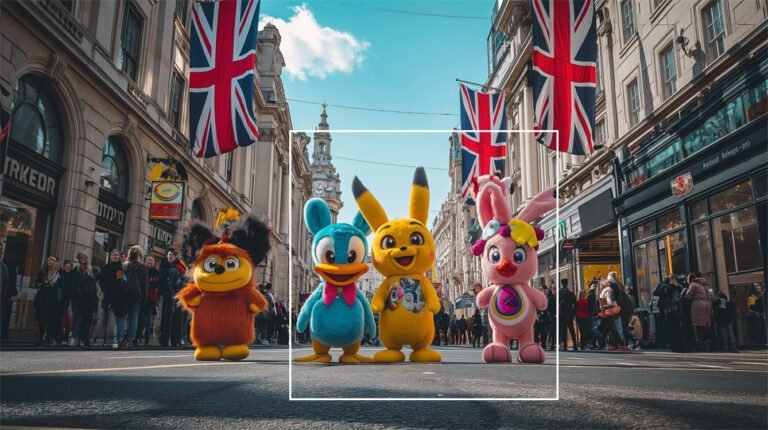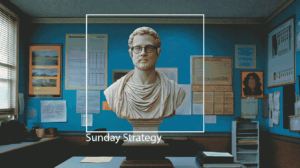// Originally published on LinkedIn as a piece of Rival Spark Research (May 2023)
// Research Report and Attest Data
Brands that endure aim to earn a lasting place in consumer’s lives and their culture. As the UK comes out of the coronation of its new king, the latest Rival Spark research report looked at what brands, individuals and organizations are perceived as playing a positive or negative role in the country’s culture today.
While our main findings focused on benchmarking where King Charles III sat amongst popular British icons, with his impact landing somewhere between luxury cars (Jaguar Land Rover) and powdered gravy (Bisto!), it also highlighted a challenge for some of the UK’s most iconic startups – as their recent impact on different markets hasn’t translated into a place amongst the UK’s heritage brand pantheon. When asked what brands and organizations make the most positive or integral cultural impact, the UK Public defaulted towards lasting legacy brands such as Cadbury, M&S, Yorkshire Tea and Boots – despite international acquisition in some cases or commercial challenges in others.
UK challenger brands such as Monzo, Revolut, Starling Bank, Gymshark, Brewdog and others, have had a disproportionate impact on shaping the sectors they operate in both domestically and internationally. While perceptions of these brands vary based on their sector reality or attached controversy, each has made a resounding impact on UK commerce. However, this acute commercial impact hasn’t translated into cultural impact at scale.
In fact, amongst the challenger brands included in our research, fintechs Starling & Monzo were seen as most impactful, yet registered at a level similar to Hunter boots or the Telegraph in terms of cultural impact with the UK public. Being a challenger brand to a market doesn’t look to translate into being a cultural challenger at scale. As cultural equity appears to be slow to gain and lose. Cultural icons build their prominence independent of commercial success, through presence and familiarity over time.
When cut by age, younger audiences are more positive about the impact of UK challengers, with Starling rising in similar cultural impact to levels seen for Burberry or Barbour. This isn’t surprising, as many UK challengers grew share and success from a younger audience upwards – creating a product and brand familiarity that may be lacking with older audiences who’ve aged with their own British classics.
Becoming culturally classic seems like a waiting game for UK challenger brands, who, if they continue to commercially grow, can increase in familiarity with a public that ages up with them. However, they face additional challenges, creating a type of cultural double jeopardy from classics that can continually reinvent themselves. Classic brands such as Tesco, Morrison’s, Hovis and Wetherspoons had disproportionate positivity amongst younger consumers relative to the population – indicating an ongoing relevance that keeps them from ‘aging out’ of the public’s radar.
With cultural equity being hard to build and existing classics holding a lasting advantage, is it possible for challengers to become a new entrant to the UK’s list of cultural darlings? Our data seems to indicate that aside from playing the long game, a cultural shift is needed that they can take advantage of. Similar to New Labour’s emergence in the late 90’s, challengers need to find waves of cultural change they can associate with and strengthen.
It appears that simply challenging the market isn’t enough to build an enduring presence, instead they must be seen challenging existing cultural convention. If Gymshark can be seen as changing the way the UK exercises and not just how younger Brits dress themselves for the Gym, or Monzo can change the UK’s discussion around money, not just how they bank – in substantive ways – they may potentially be able to speed up what is a long journey to cultural classic status.
// Agency: We Are Rival
// Role: CSO / Co-Founder



